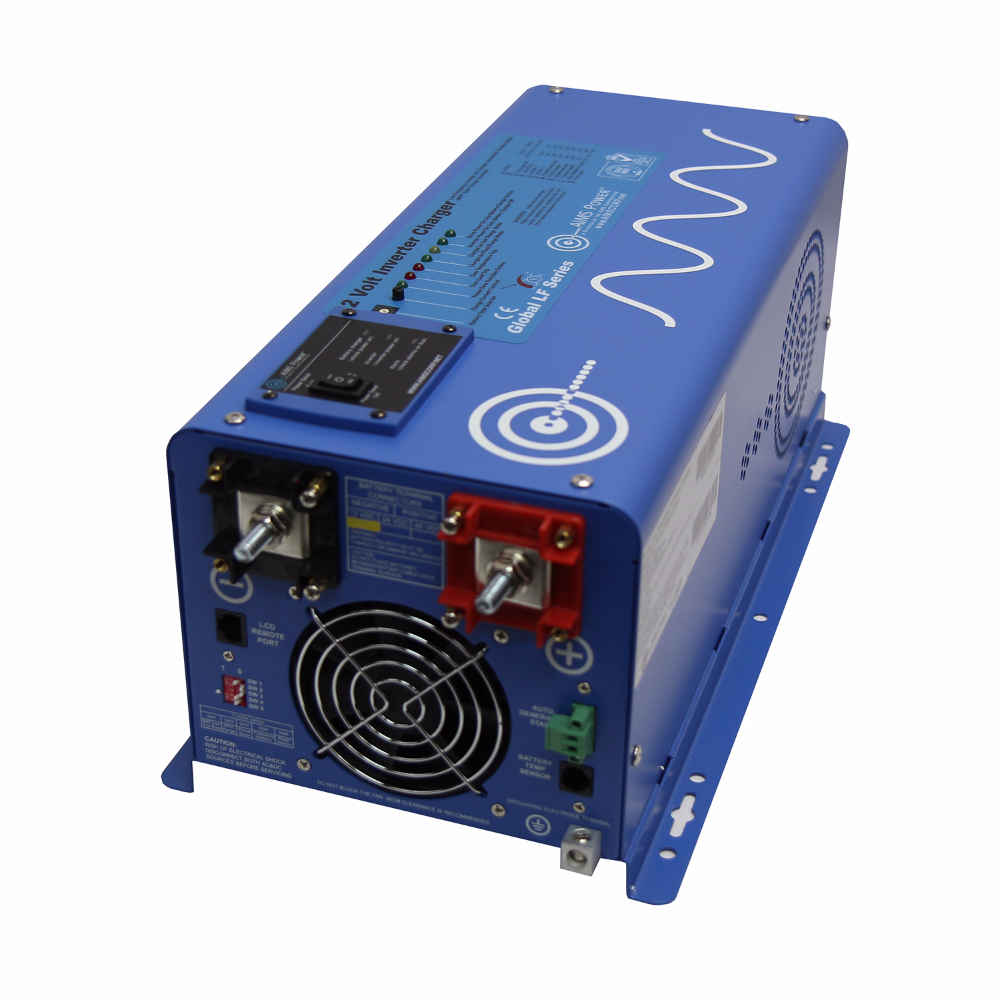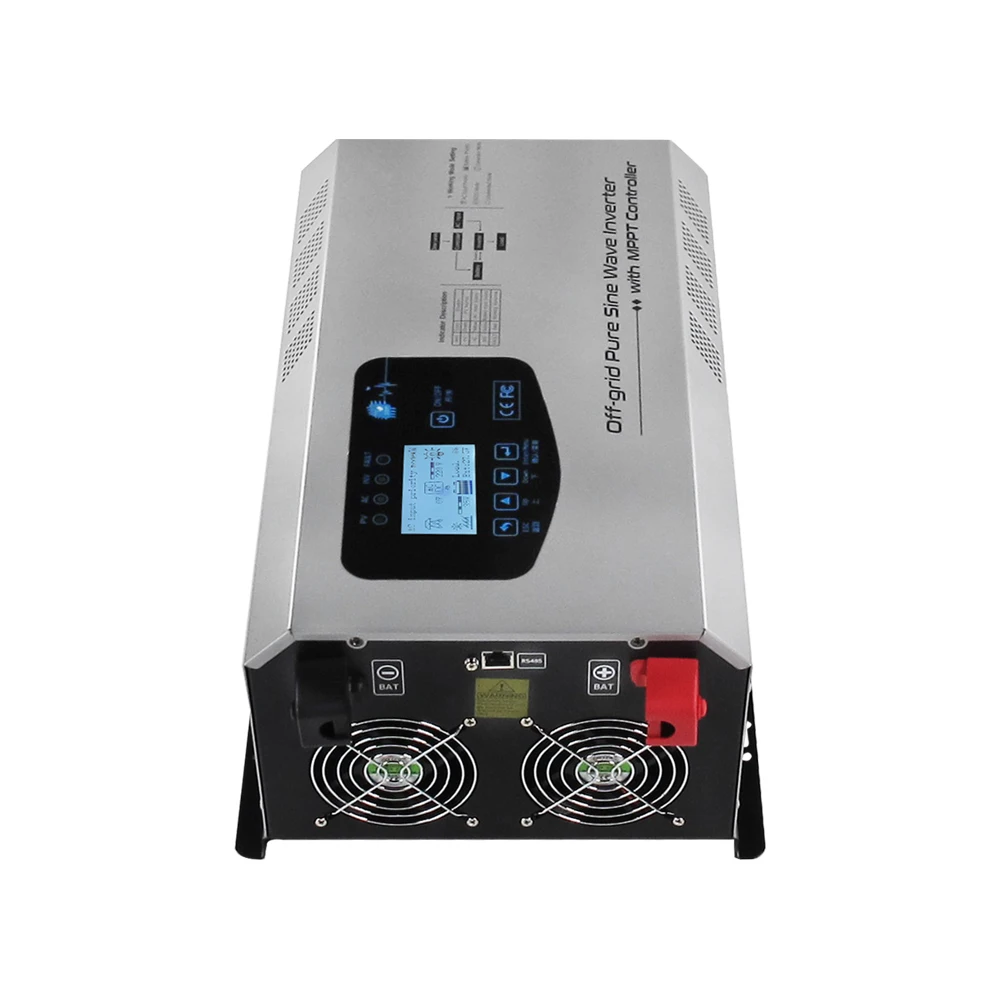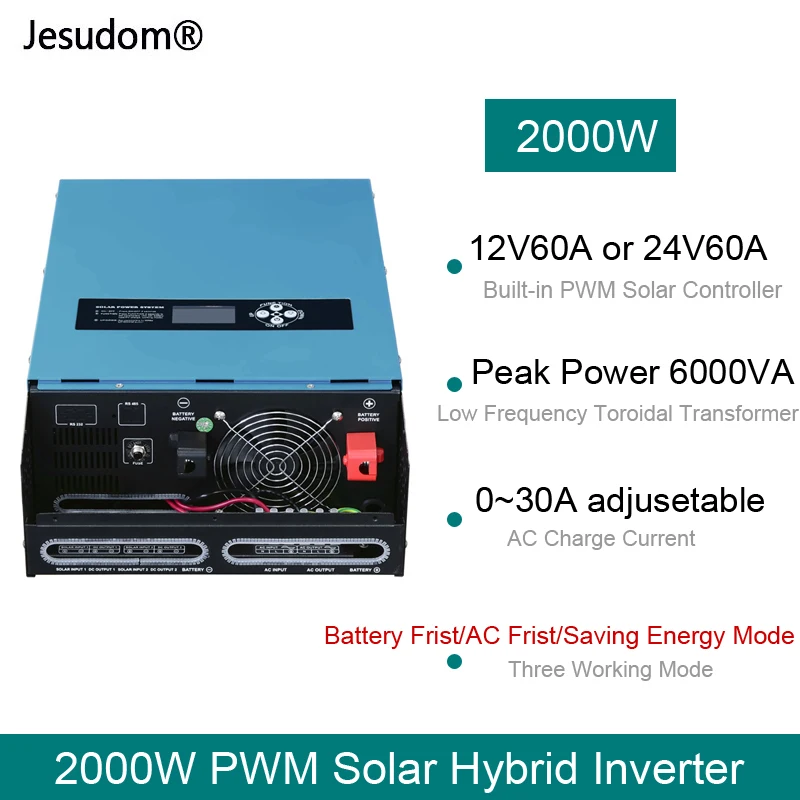I really recommend going with a higher votlage than 12 volts for a 3000 watt inverter. In my signature block is a link with more details on the why (batteries and inverters).
-If you’re using 2000 watts I recomend 24 volts
-If you’re using 3000 watts I recommend 48 volts.
-If you’ve got brief excursions to 3000 watts for perhaps a couple minutes at a time, five or six times a day, 24 volts may be OK if built right.
-If you constantly run at 1000 watts, but the 3000 watts is for surge, 24 votls could be ok also.
I have a 3000 watt inverter on a 24 volt system. I can run that at 1700 watts to 2000 watts for hours. The step down converter does not use a lot of enrergy for the 12 volt side. Also, the 24 side has plenty of accessories available: lights and USB chargers and refrigerators; once yo get to 48 volts that becomes hard to find.
Victron is much smarter than me and has a 12 volt inverter / charger at 3000 watts. I think this is a terrible idea, but I am not an EE, I assume that this VIctron device has some accepted certification.
EDIT: I do like the idea if adding SCCs as needed to charge the batteries, so am not a fan of AIOs because of that, but boy do I like the idea that the AIOs I’ve looked at are more affordable than buying components separately.







